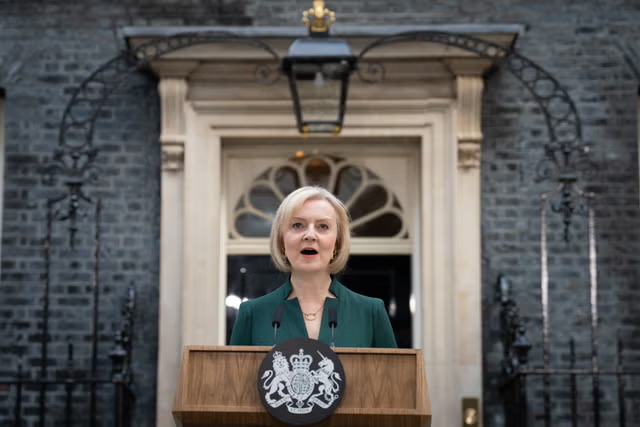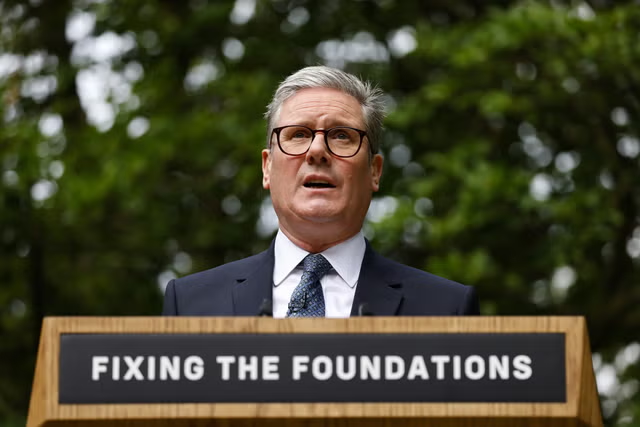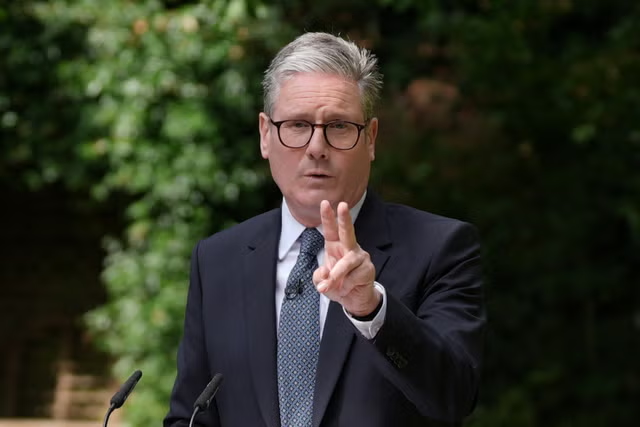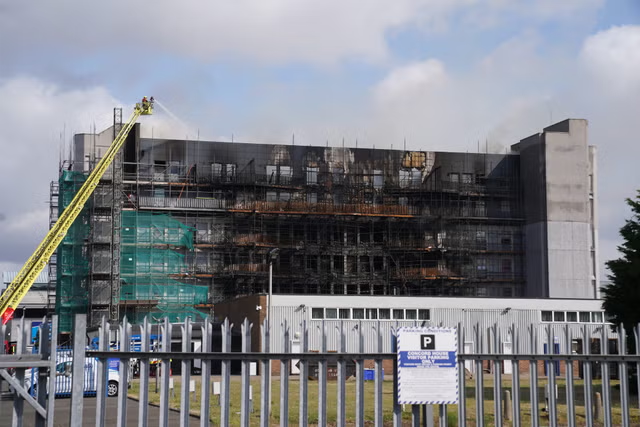Support truly
independent journalism
Support Now
Our mission is to deliver unbiased, fact-based reporting that holds power to account and exposes the truth.
Whether $5 or $50, every contribution counts.
Support us to deliver journalism without an agenda.

Louise Thomas
Editor
Liz Truss had planned to sign an energy deal which would have cost the British taxpayer £30bn extra on top of her economy-crashing ‘mini-budget,’ a new book has claimed.
The former prime minister had argued in favour of buying long-term gas supplies from Norwegian state-owned energy company Equinor, at a cost of £130 billion. This would have secured the deal at the same price for 20 years, regardless of price rises or falls.
It is understood that Treasury officials had said the price was bad value for money as it was very likely to fall. The price fell dramatically over the following months, as the country avoided another financial disaster.
A new book from author Anthony Seldon, ‘Truss at 10’, reveals that the chapter marked one of the few times Ms Truss’ chancellor and friend Kwasi Kwarteng stood up to her, siding with the official advice.
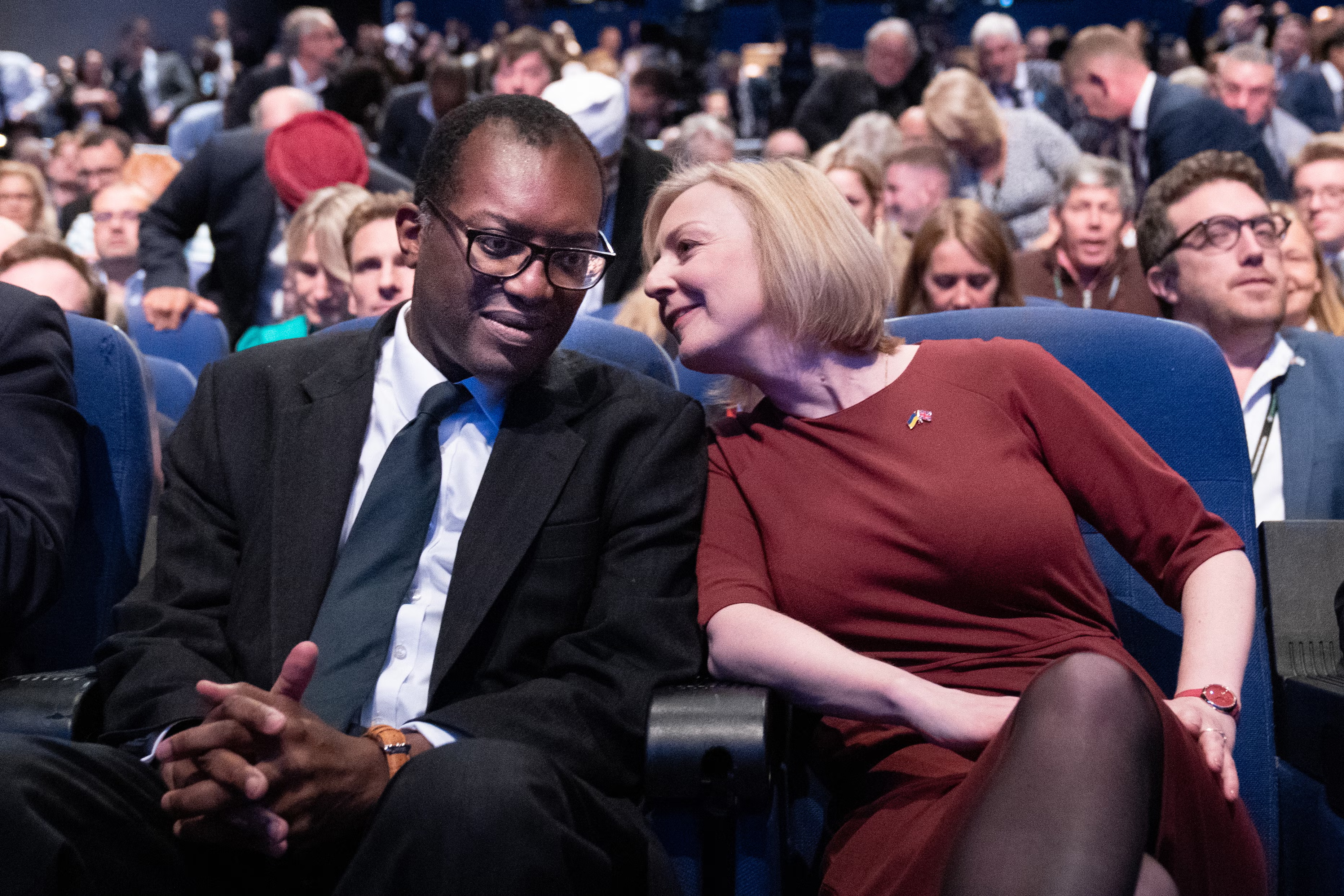
Ms Truss, who regularly found herself at odds with Treasury officials during her 49-day premiership, reportedly said she was going to sign up for the poor-value deal “regardless” of their advice. This is when Mr Kwarteng stepped in, with Mr Seldon writing that it was one of his “few decisions to be fully vindicated.”
The example of economic mismanagement is one of many that are revealed in Mr Seldon’s book, subtitled: ‘How not to be Prime Minister’. The volume details how the embattled PM managed to become Britain’s shortest-serving leader.
It also delves into the destructive aftermath of her snap ‘mini-budget’, where Ms Truss promised £45bn of unfunded tax cuts.
One of the more damning chapters of the book details how Ms Truss had considered scrapping all NHS cancer treatments after the economic turmoil caused by her fiscal event. It reveals that her and Mr Kwarteng were exploring all options as they attempted to make their economic decisions viable.
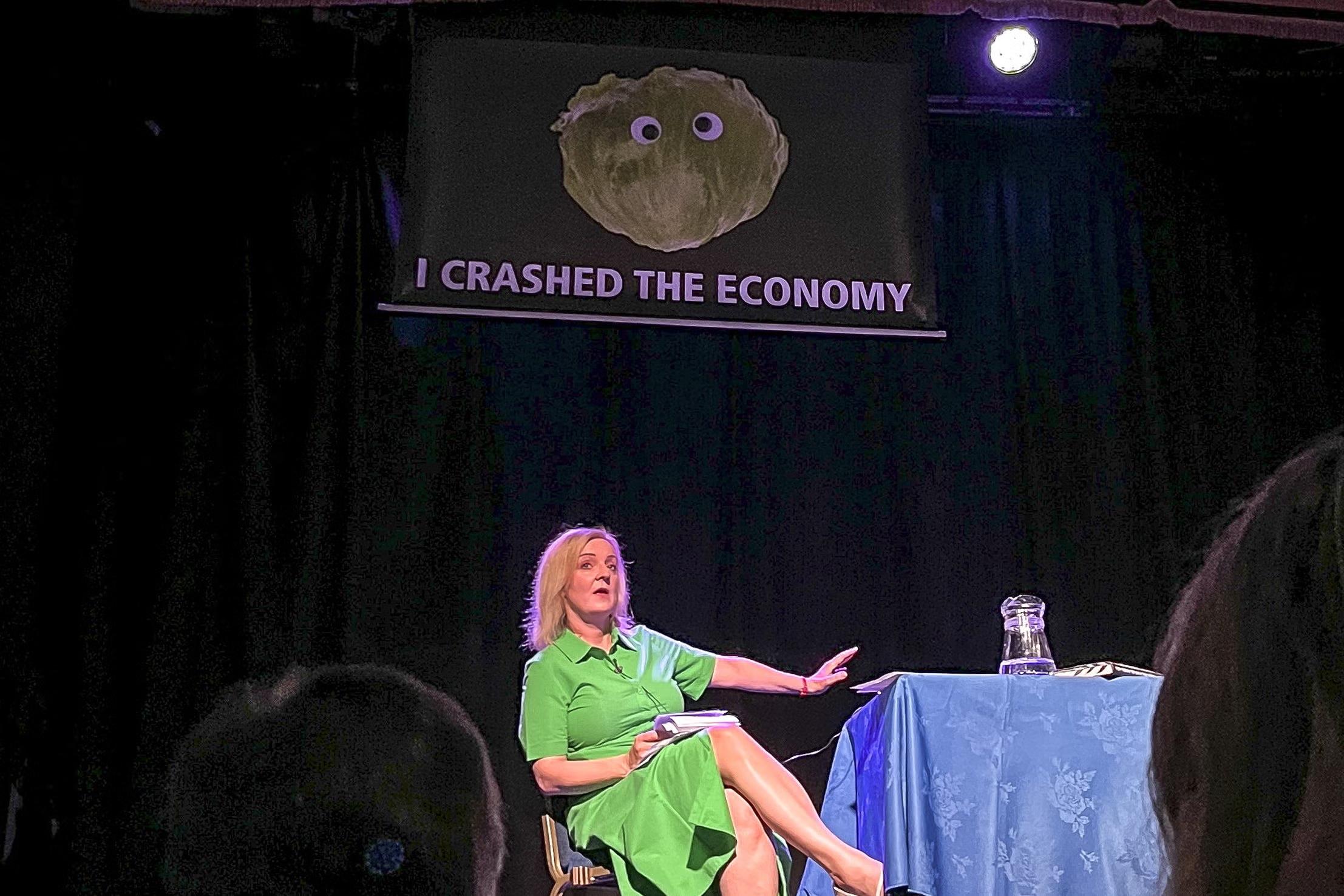
Speaking after her resignation, Ms Truss would blame “groupthink” from officials and the media for the economic damage done during her eventful premiership. She lost her seat at the July general election, and has since been a regular commentator on US politics in the run up to the country’s election in November.
However, the former-prime minister’s political record came back to haunt her again in mid-August when she was the target of a prank organised by political campaign group Led by Donkeys. Speaking about Donald Trump at a political event, a banner unfurled behind her to reveal and lettuce above the words ‘I crashed the economy.’ Ms Truss said the ruse was “not funny.”
‘Truss at 10: How Not to Be a Prime Minister’ by Sir Anthony Seldon is out on 29 August
Disclaimer: The copyright of this article belongs to the original author. Reposting this article is solely for the purpose of information dissemination and does not constitute any investment advice. If there is any infringement, please contact us immediately. We will make corrections or deletions as necessary. Thank you.
